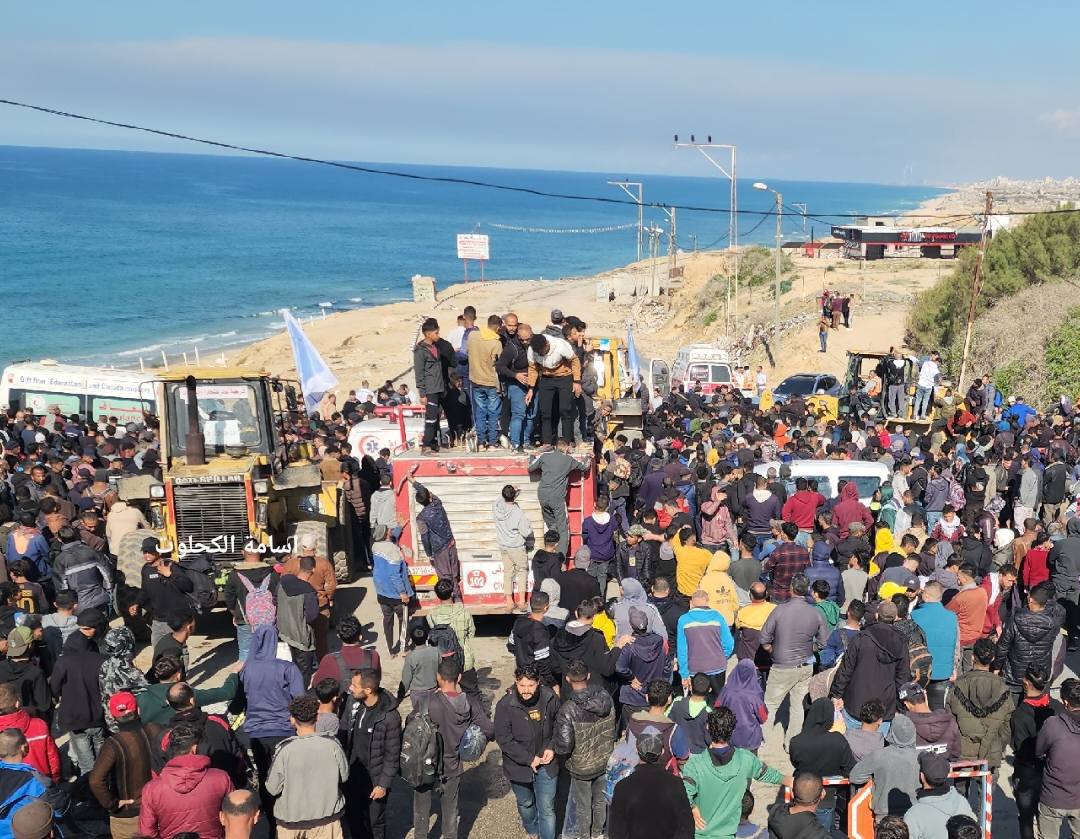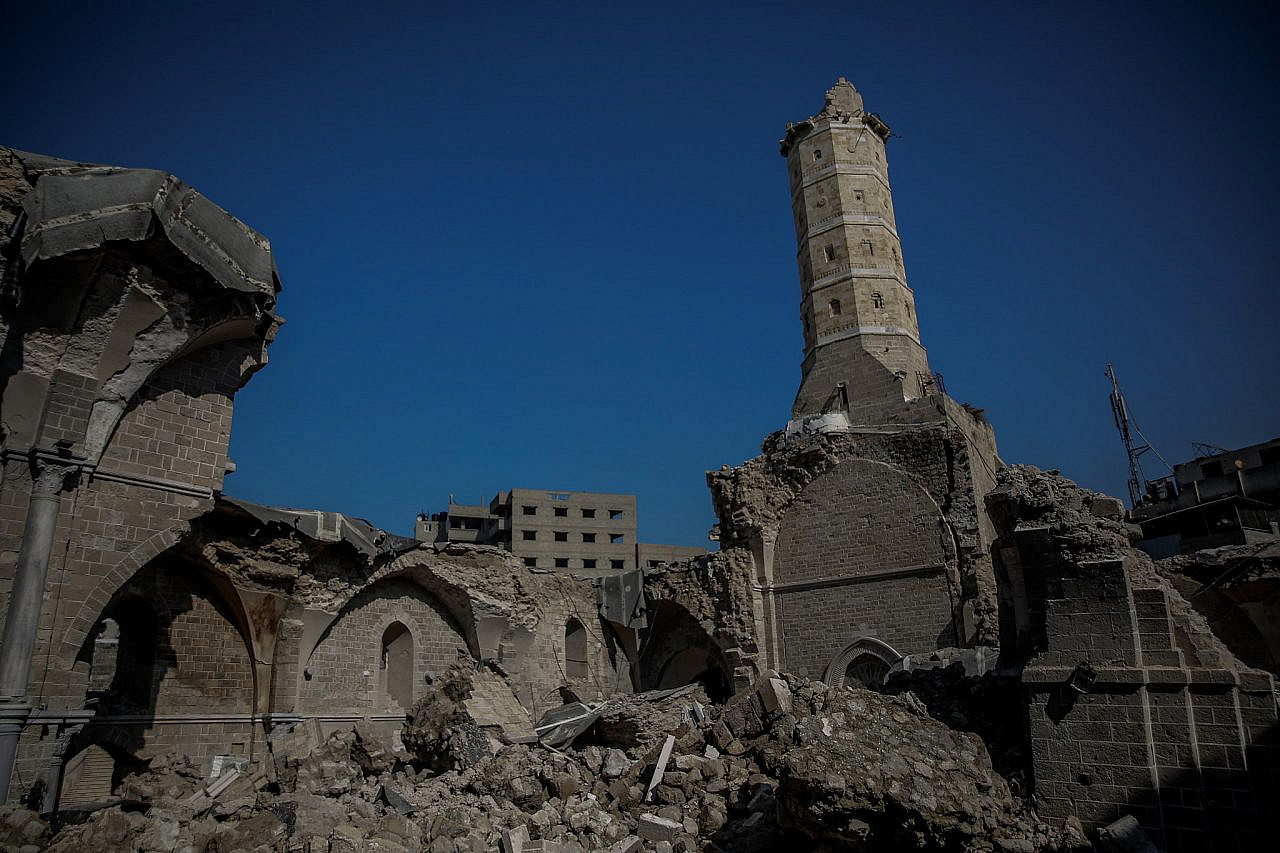Jordan’s Ex-deputy PM Responds to Trump’s Gaza Statements
“The US aid to Jordan is not free, but linked to America benefiting from its military bases on the land of the Kingdom,” Jordan’s ex-Deputy Prime Minister Dr. Mamdouh Al-Abadi responded to the statement made by United States President Donald Trump’s about the possibility of transferring Gaza residents to Jordan according to the assawsana Arabic website.
“If the US wanted to pay only the rent for the land, it would have needed to pay a much larger amount than the amount of aid provided to Jordan,” he added in a press statement.
“The United States of America wants to use aid to pressure governments and countries to accept its dictates.” He stressed Jordan’s position, which King Abdullah II has repeatedly announced, is clear and explicit in rejecting any attempts to displace the Palestinian people.
Al-Abadi stressed the US president will not continue to pressure Jordan but back down from his demands and statements, as happened in the decision to withdraw from the World Health Organization. He expected that the decision to stop aid will not last for more than three months.
He stressed that Trump’s statements will not change the reality on the ground at all for the people of Gaza remain steadfast on their land and the Palestinian people will not submit to any dictates or pressures to displace, and the interviews on television screens with the people of Gaza are the greatest response to the occupation and to what Trump said.
Al Abadi stressed the scenes of people returning to their towns in north Gaza, Monday, are the greatest response to the Trump utterings and that of the occupation government regarding the displacement of the Palestinian people. He described the scenes of people returning as a historic event that expresses the legendary steadfastness of such great people and the victory over the enemy.
He added the message of the Gazan is reaching the whole world as clinging to their land and no Israeli army, American, or any other force in the world can expel them, as their slogan has become either ‘death or land,’ and do not accept any alternative to their homeland, neither to Jordan nor Egypt.





 Jordan rejects Trump's initiative to relocate Palestinians from Gaza to neighboring countries, — DW
Jordan rejects Trump's initiative to relocate Palestinians from Gaza to neighboring countries, — DW






